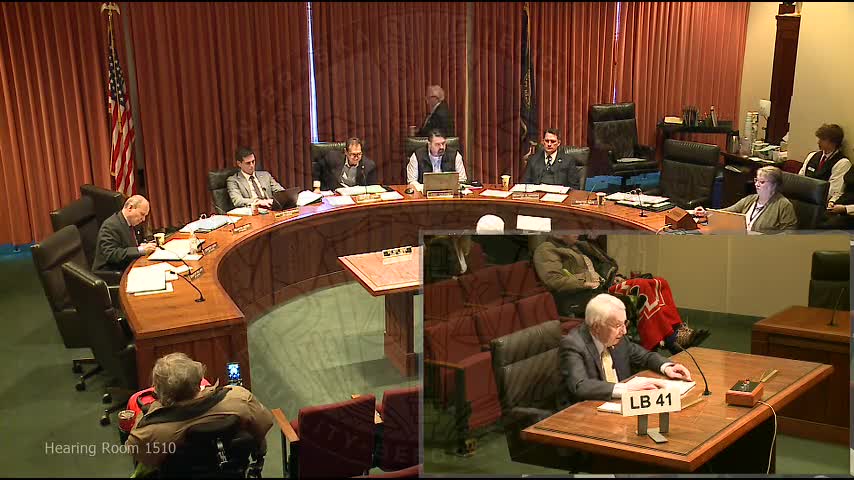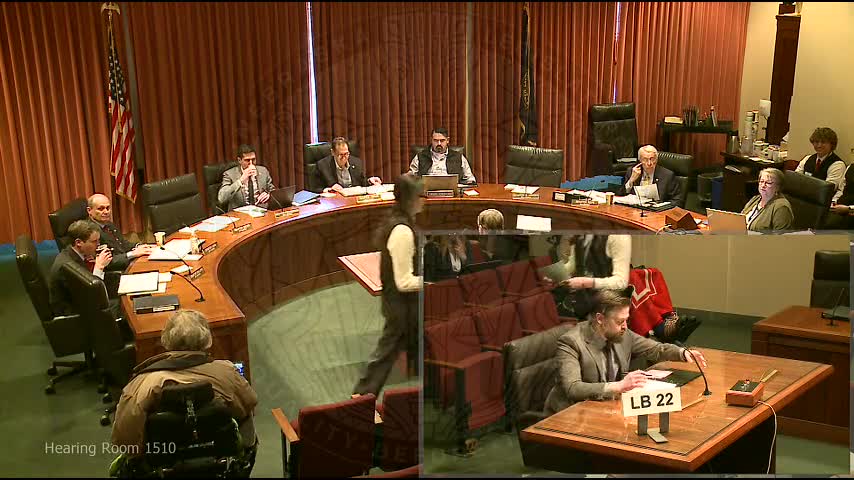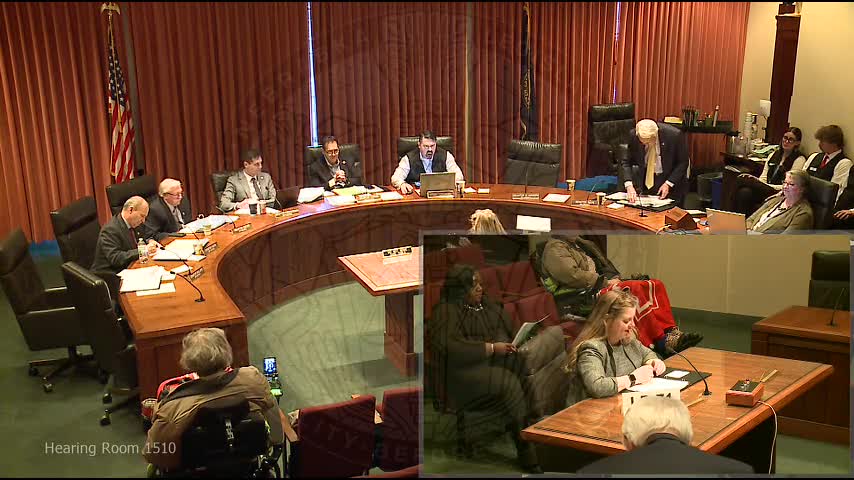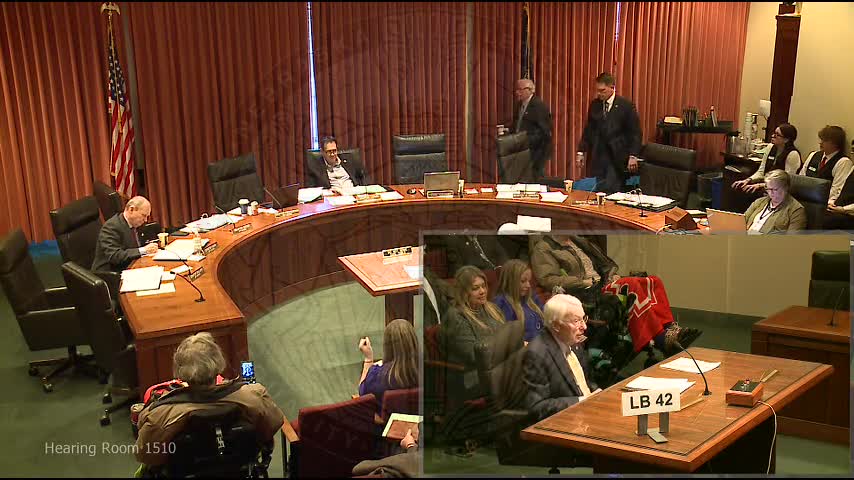Article not found
This article is no longer available. But don't worry—we've gathered other articles that discuss the same topic.

Bill would require two additional syphilis tests during pregnancy as Nebraska faces rising congenital cases

Neb. bill would let evidence-based nurse home visits bill Medicaid to expand postpartum care

Proposal would shift Step Up to Quality subsidy increase to earlier level to boost provider uptake

